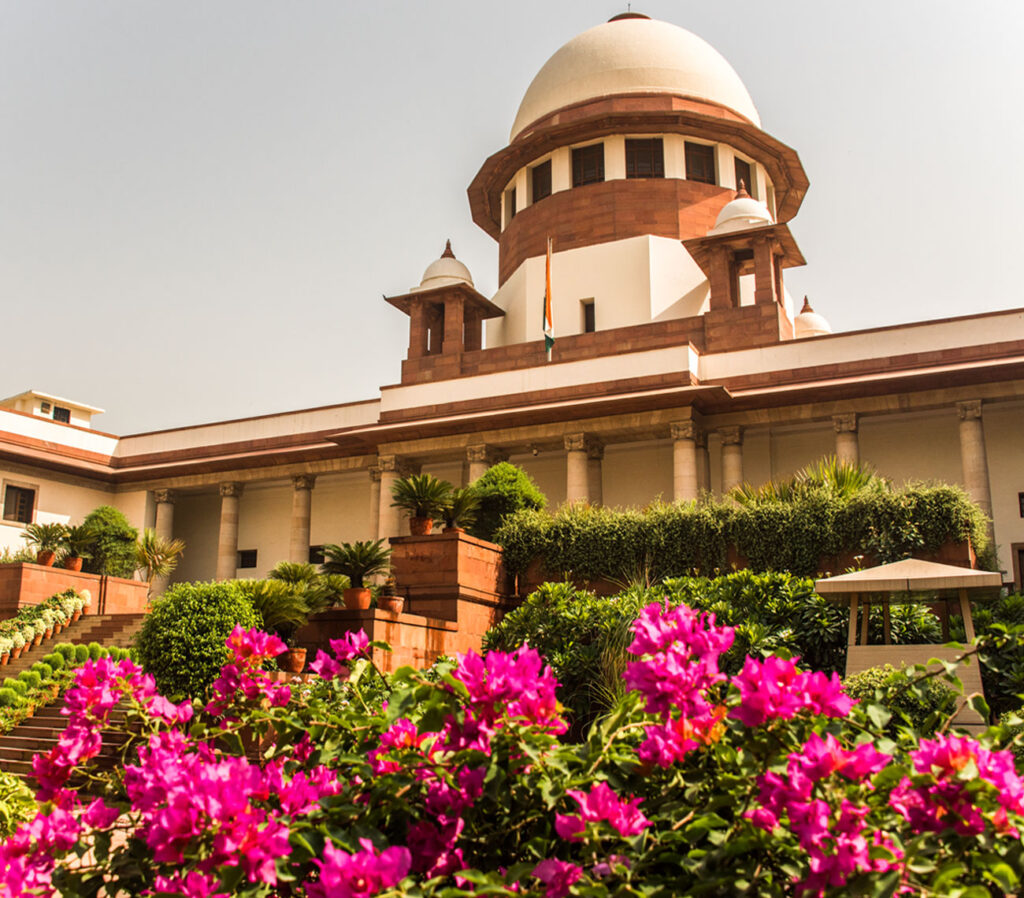New Delhi, Feb 15.
The Supreme Court on Thursday said that the government’s electoral bond scheme was not full-proof and could be used to force people to donate, and suggested electoral trusts as a better alternative.
“The electoral bond scheme and the impugned provisions to the extent that they infringe upon the right to information of the voter by anonymizing contributions through electoral bonds are violative of Article 19(1)(a),” a five-judge bench led by Chief Justice of India D.Y. Chandrachud said.
The scheme is also not full proof, it said. “While it is true that the law prescribes anonymity as a central characteristic of electoral bonds, the de jure anonymity of the contributors does not translate to de facto anonymity.”
There are sufficient gaps in the scheme which enable political parties to know the particulars of the contributions made to them, it said.
The existing legal regime provides another alternative in the form of electoral trusts through which the objective of curbing black money in electoral financing can be achieved. i.e. an electoral trust.
Such trusts can receive voluntary contributions and these shall not be included in the total income of the previous year if it distributes 95 percent of the aggregate donations received in the previous year.
There will be a lesser degree of “political consequences” for contributions made to a trust because the information about which of the contributors contributed to which of the parties will not be disclosed, the court said.
It is only where the trust contributes to one political party, would there be a possibility of political consequences and witch-hunting (assuming that there is a link between anonymity and contributions), it said.

